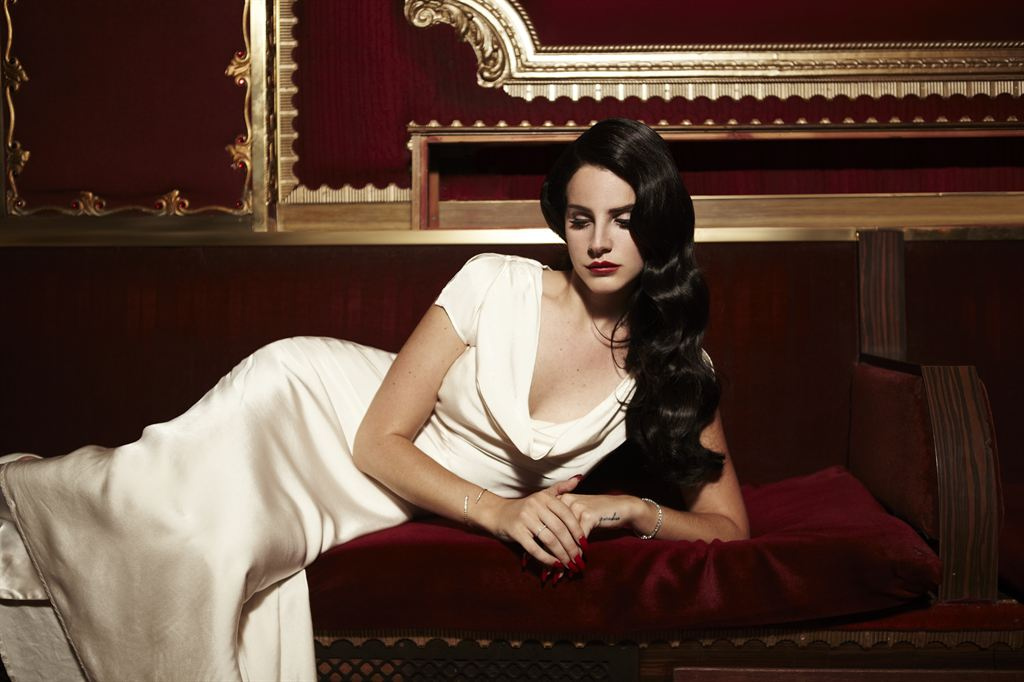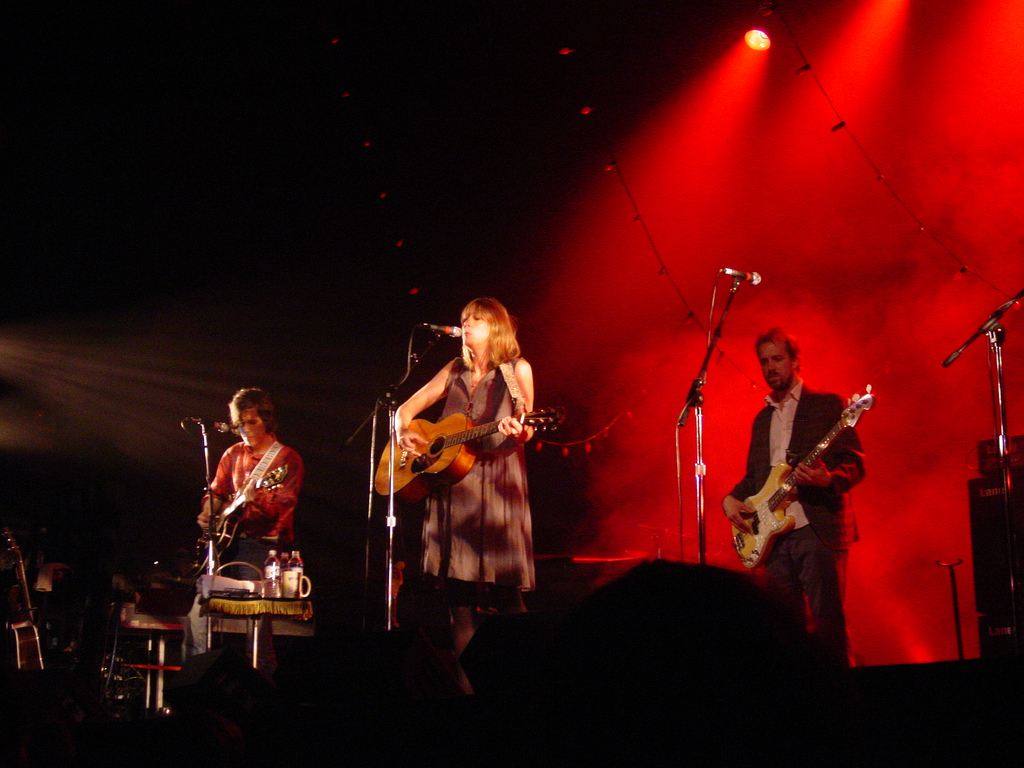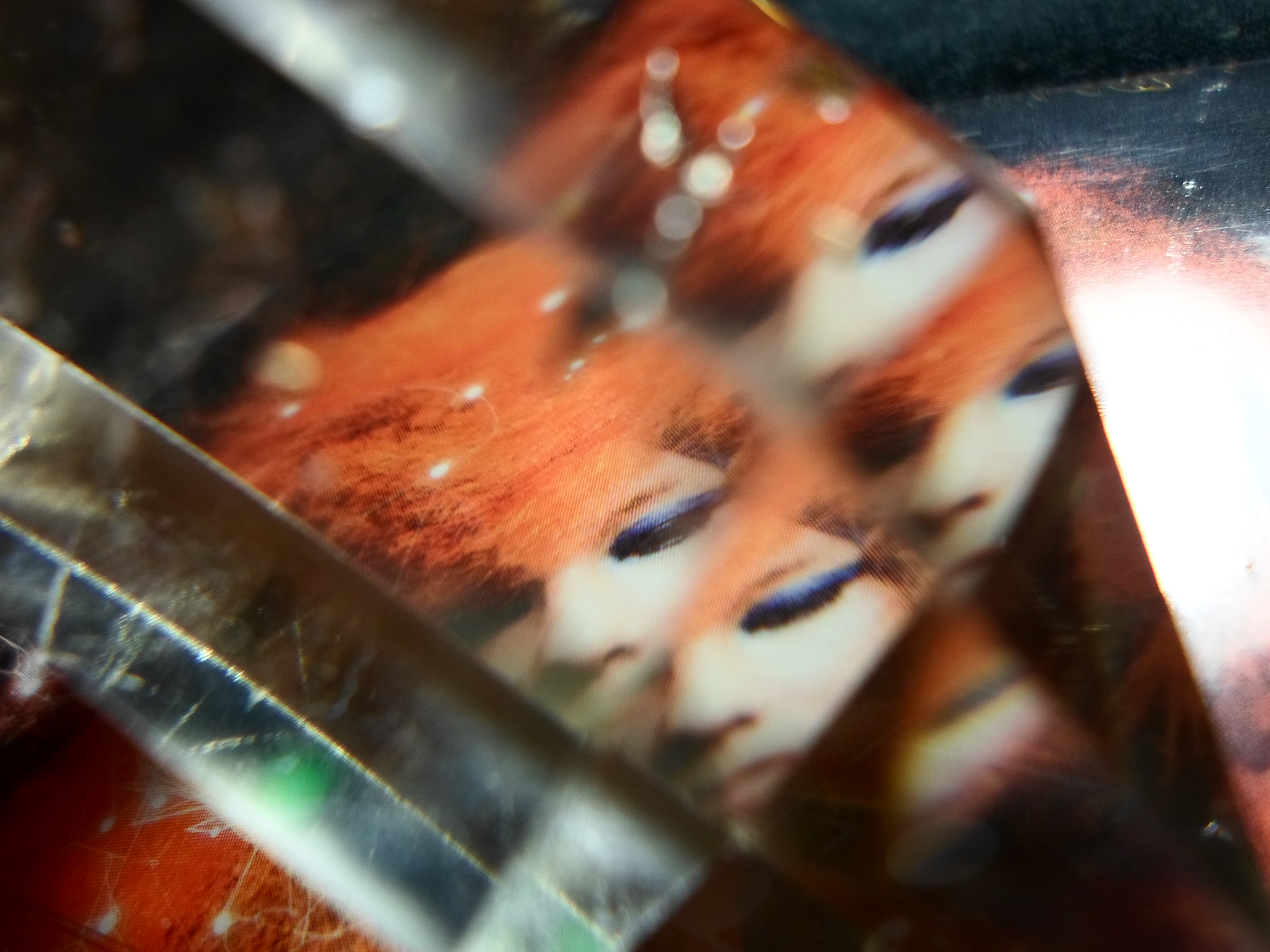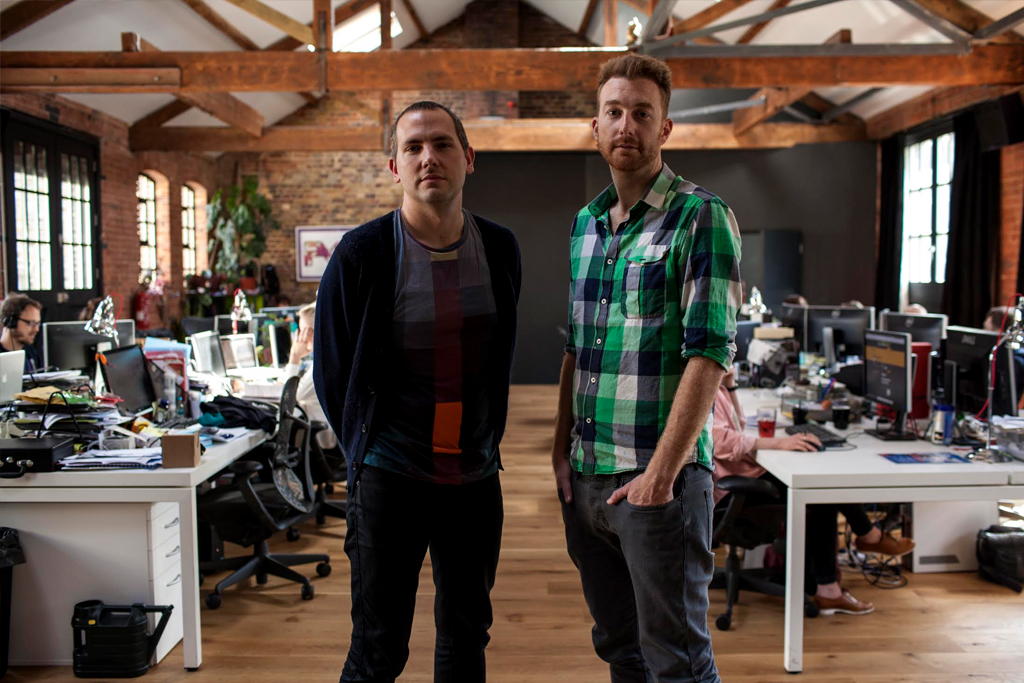“Unlike a man [a woman] is never simply and gloriously a musician. She is a ‘female guitar player’ or ‘a female drummer’. Her gender precedes her.”
It is not controversial to highlight that in certain aspects of society inequality and sexism are deeply rooted. These prejudices exist within many industries to the point of being so entrenched that it is rarely questioned. This embedded inequality is a major factor when we consider the statistics surrounding women in the music industry because it is still controlled by predominantly, white men. That is not to say that women haven’t made their mark on the industry and contributed considerably to the creative and technical world of music, but when we look at their recognition, pay and overall status, the work of women remains in the shadow of men. This gender prejudice in the industry is by no means ignored and there are plenty of projects and institutions that have been set up to conquer these inequalities directly, but there is still a long way to go, especially in technical and managerial roles. But what do the statistics reveal? What are the challenges women are actually facing? And what can be done to make sure this inequality improves for at least the next generation of women in the industry? The current statistics demand greater attention and explanation and highlight the extent of gender inequality women are facing, for example:
- Only 3 solo women have won The Mercury Prize award in its 22 year history.
- Less than 5% of recognized producers are women
- Only 14% of the Performing Rights Society members are women.
- At the 2010 BBC Proms, just a mere 4% of the works performed were composed by women
- Brighter Sound only receives one in four female applicants for their music residencies.
- In 2010, 47% of women in music earned under £10,000 a year, compared with 35% of men and the gap has barely changed in 2015
- Only 6% of women in the business earn more than £29,000 compared with 22% of men[1]
However, the most revealing statistic was the unveiling of this year’s Billboard Power 100 list. Although it is the most diverse list to date, it still only included 15 women out of the “127 represented” and although women are part of the “public face of music” (Lana Del Rey adorned the front cover of the magazine alongside Kanye West and Lucian Grainge), there has been no real substantial change with the industry’s ‘top dogs’ remaining “overwhelmingly male, and overwhelmingly white.” This is the perfect example of how “a corporate industry” can present an image of diversity and equality without actually making any social progress.[2]
 In this photo: Lana Del Rey in video still for ‘Burning Desire‘, February 2014
In this photo: Lana Del Rey in video still for ‘Burning Desire‘, February 2014
The power behind the industry is being challenged more and more and projects like this year’s Band on The Wall Project, which has been running since 2011 in Manchester was hosted, in February by Beth Orton. In wanting to promote female inclusion in all aspects of the industry, she chose to be part of this year’s project that was for women only. Orton highlighted that the reason women have not applied to previous, mixed projects is “a direct effect of our upbringing and culture, an ingrained sense of being on the back foot [or] lacking in something”. This project put light on the ever prevailing gap between men and women in the music industry, which are in no doubt partly to do with the gender roles society and culture create, but projects of this kind help to promote women’s talent to keep the issue at the forefront. Orton quite rightly commented that although the industry is has a lot to answer to, it is the social barrier for women that serves to deepen the problem; it is also “an issue with how we [women] view ourselves”. Singer/Songwriter Jesca Hoop added her opinion in stating that “unlike a man [a woman] is never simply and gloriously a musician. She is a ‘female guitar player’ or ‘a female drummer’. Her gender precedes her.” This notion of profiling women, often considered normal, and at times indisputable, only helps to undermine a woman’s place in the industry.[3]
 In this photo: Beth Orton performing in Milwaukee, July 2006
In this photo: Beth Orton performing in Milwaukee, July 2006
Producer, Ebonie Smith formed another ongoing project called Gender Amplified back in 2007 to “celebrate women in music production, raise their visibility and develop a pipeline for girls and young women to get involved behind the scenes as music producers.” Smith is a firm believer in educating the next generation and this “is one of the primary tenets of Gender Amplified”. The need for further projects of this kind can be shown in the statistic based around female producers represented at the Grammy Awards. In its entire forty-year existence, there has been no female winner in the Producer of the Year category and “only six women have even been nominated.”[4] FADER magazine featured an article late last year that further underlined this lack of representation for women in this area of the industry and included comments and opinions from female producers about the state of the industry and what, they felt could improve things.
“Everything that a guy says once, [as a woman] you have to say five times”
Their comments, in fact, emphasized significant opinions that can be associated with many parts of the industry. In accepting that the industry today can sometimes be very nasty, support from friends and family is deemed as essential, but women also have to “be fearless, go forth and battle the crescendo of bullshit in their path.”[5] Bjork, in releasing her most recent album this year commented that women are “not just imagining things” when it comes to a career in the industry, “it’s tough” and despite spending 30 years in music, she revealed that “everything that a guy says once, [as a woman] you have to say five times”.[6] In addition, the FADER article also calls for what has been previously accepted to be questioned and broken down because it is “a lack of insistence on establishing new [archetypes] that reflect a culture we would like to live in” that creates huge barriers for women.[7] What was most significant about the FADER piece was an overall agreement that education is an essential component for change; “workshops and learning events where girls (and boys) can practice for free”, teamed with “bigger female representation in music events and in music press” and the “mentoring by other [female] artists” were drawn upon to start to change the cycle and close the confidence gap.[8] New York producer, Emily Reo points out that there is also a problem with statistics, in general, in so far as they only include “high-end producers and engineers”, but there are plenty of producers and engineers that are just not “included in the noteworthy percentage.”[9] It is this concept that again calls for more quality based recognition, including articles that serve to promote the diversity of roles in the industry that are available to both men and women.
These voiced opinions are the foundation to positive and significant steps in changing the male-dominated roles of the music industry as further statistics highlight that women only have a 15% chance of owning a label or becoming a manager. However, the women who are part of that statistic are also working hard to change that.
Mathilde Cottebrune is a great inspiration to women who are looking to work in a managerial role within the industry. She is currently an A&R and Project Manager for the French record label, Kitsuné and also manages the up and coming French band, Her. In a conversation, she advised that it takes passion to work in the industry “because it involves poor sleep and lots of pressure”, and sometimes those sexist statistics do become a reality. In a previous role, she recalled: “my boss told me I couldn’t be the main interlocutor of a band we had in our roster because being a girl, they probably wouldn’t really respect my authority”, she told Impakter. She stated, too that the positives, such as seeing the “rise of a band you’ve been developing” also outweigh the negatives and “if you work with clever people, they can also see in you the face of a new generation that wants to change the system”.
The problems associated with the industry will not disappear overnight, but women like Mathilde and many others who are pushing for careers in these roles are slowly helping to break the mold. The projects mentioned here provide constant opportunities to enable women to see that a strong position within the industry is possible. Although criticized as a form of segregation, the creation of the Women in Music Awards last year recognized “the 30 most influential women executives from all sectors of the UK business”[10] and therefore can serve to shed further light on inequality and the need to identify the value in the creative and technical work of women in the industry. Of course, there are other factors that further complicate the status of women, including issues surrounding childcare, sexuality, and image that also need to be constantly addressed and questioned. However, in pushing to remove barriers and opening the doors to the new generation of girls through education, better profiling and keeping the issue in the spotlight by advising and inspiring each other, change may start to happen, even if it is just one percentage at a time.
A compilation of songs that have been produced and managed by women:
Further reading:
http://www.musicthinktank.com/blog/51-female-music-entrepreneurs-share-their-best-advice-part-1.html
http://www.theguardian.com/music/2013/oct/26/women-running-music-industry-feature










